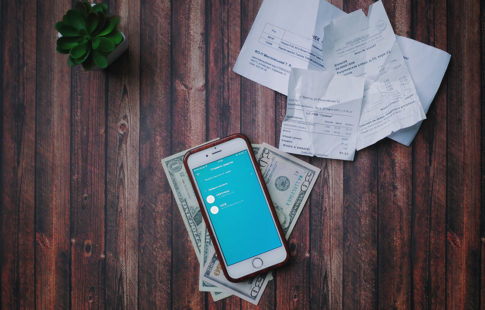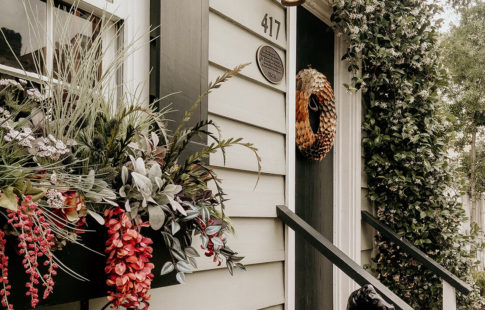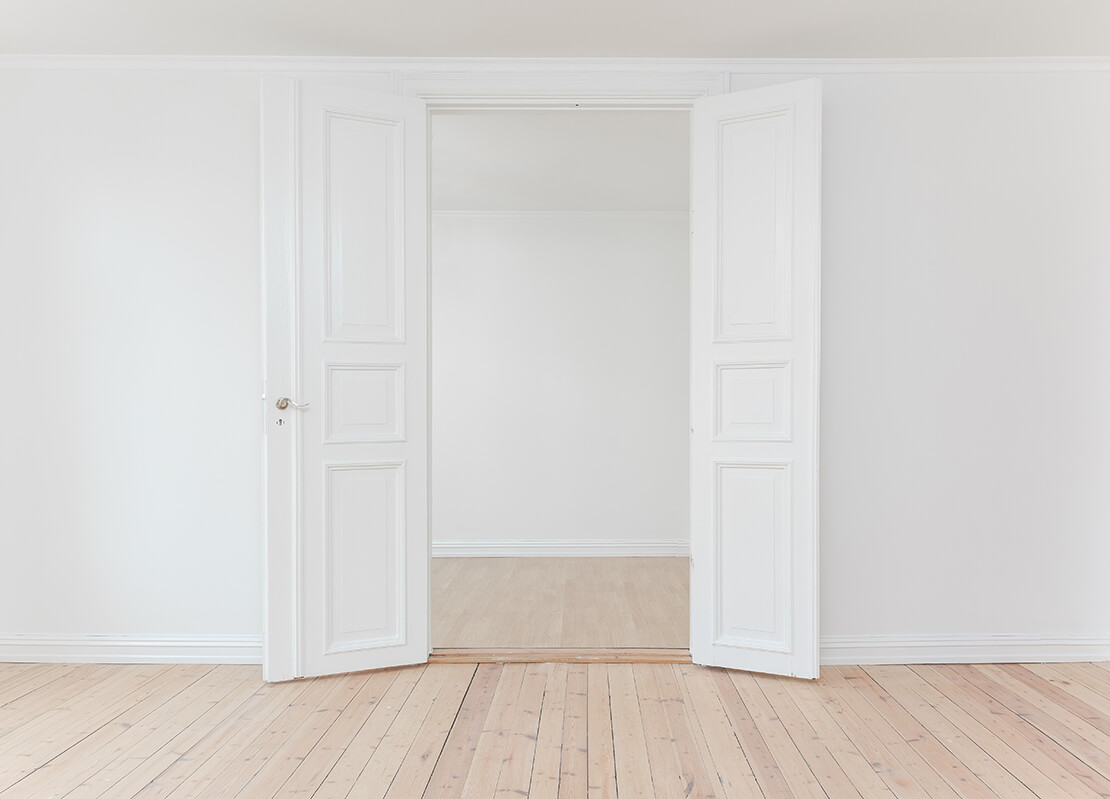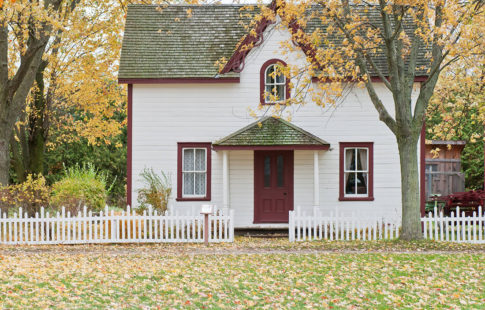Buying a home is likely one of the biggest decisions you’ll have to make in your life, and there are many factors to consider before you do. It’s a good idea to write a home buying checklist at the beginning, because you’ll want to weigh your options and compare pros and cons of each to ensure that you’re making the best choice. Buying a home is also one of the most exciting times in your life, and you’ll want to celebrate it, too! So to help you start on the right foot and stay organized, here are a few home buying tips to know before you start looking for your next home.
7. Think Long Term
It may be difficult to see yourself in five years, but before you buy a home it’s important to consider your long-term goals. Do you envision yourself moving or getting a new job in a few years, or do you plan to start a family? Buying with the future in mind can help ensure that you’ll be comfortable throughout the next several chapters of your life.
6. Create A Wish List
When you begin house hunting, the possibilities can seem endless — especially if you’re a first-time home buyer. Determine what you want and need in a home, and create a wish list before you start looking. You might not find a house that checks all of the boxes, but knowing what you’re looking for will help tremendously with your search. The more houses you see, the more focused your needs and wants will become.
5. Track Your Expenses
Buying a home is, of course, a big financial commitment. Tracking your expenses before making a purchase can help you see how owning a home will impact your financial situation. Write down how much you spend each month, and note what you spend it on. From food to entertainment, knowing how much you earn in comparison to how much you spend will allow you to paint yourself a helpful financial picture and establish a budget before you begin looking at homes.
4. Buy What You Can Afford
After you’ve created a budget for yourself, remember this: Only buy what you can reasonably afford. Be mindful of what payments you’ll actually be able to handle in the next several years, considering unexpected turns in the market and in your personal life. Use a home affordability calculator to see where you stand.
3. Strengthen Your Credit Score
Before you buy a home, attempt to strengthen your credit score as much as possible. Try to keep spending well below your credit limits, pay off debt rather than moving it around, and keep balances low. Don’t open new credit accounts or close unused cards; these are short-term strategies that won’t help raise your credit limit or increase your credit score.
2. Look Beyond Surface Level
When you’re looking at homes, make sure not to let existing aesthetic conditions impact your vision for what a house could become with some TLC. Keep in mind that a house may not look perfect when you first see it, but it might have great bones that require only cosmetic updates. Keep your budget in mind while you consider homes that need renovating before they’re move in ready; renovations and repairs can get expensive. But if a house simply needs a few fresh coats of paint or new fixtures, you might be willing to make those fixes when you move in.
1. Negotiate
When it’s time to sign all of the necessary paperwork that comes with purchasing a new house, remember that contracts are intended to be negotiated. You don’t have to sign a standard agreement, and you can take time to review the paperwork to make sure you feel that you’re getting what you deserve. Always be mindful that buying any house is a big decision, and don’t feel pressured to settle.







